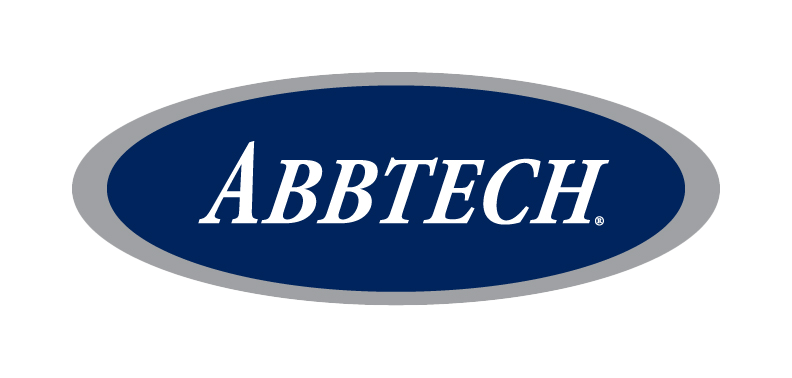Looking for a new job is exciting. It can also quickly become overwhelming if you haven’t adequately prepared. If you’re considering leaving your current job for something new, you need to know how to get organized as it can maximize your chance of success. In this blog, we’ll discuss some of our top tips to help you prepare for your job search. We’ll also look at what you should do before you quit your current role.
Tips for How To Get Organized
Tip #1: Update your resumes and portfolios.
Your resume usually determines whether you are invited to a job interview. You can improve your chances of getting that invitation by optimizing your resume. Pay close attention to the experience and skill requirements in the job listing. One of the benefits of knowing how to get organized can be the fact that you don’t need to redo your resume for every application. Instead, have a base resume and minor modifications to emphasize your skills matching the job description.
Ensure that your online portfolio of work is up-to-date and applicable as well. Refresh your samples frequently and maintain a diverse portfolio to appeal to a range of potential employers.
Tip #2: Collect your references.
References are another essential part of the application process. Ensure you have a few professional and personal references collected to include with your application. Make sure you talk to each reference and ask their permission before using their name. Also, get up-to-date contact information for them, including their online professional pages such as LinkedIn.
Tip #3: Clean up your online presence.
Speaking of online presence now is a good time to look at your professional and personal profiles and clean them up. Potential employers look at social media profiles, so you must ensure that what you present is how you wish to be seen. Your professional profiles on sites such as LinkedIn should be current and explained well. Have a coworker or manager look at your professional profiles and give you their thoughts and suggestions for improvement.
Tip #4: Plan for your job transition.
Before submitting the first application, you must consider what happens if you get the job. Leaving your current job could mean a lapse in benefits coverage. You’ll also have to plan for transitional funds to get you from your last paycheck there to your first at the new job. Investments and retirement funds may need to be rolled over or completely redone. And if the new job requires relocation, all the financial and organizational issues also. Planning for transition before getting a new job will alleviate much stress and frustration down the road.
If you’re ready to start your search for a new job, consider searching with ABBTECH today!

















